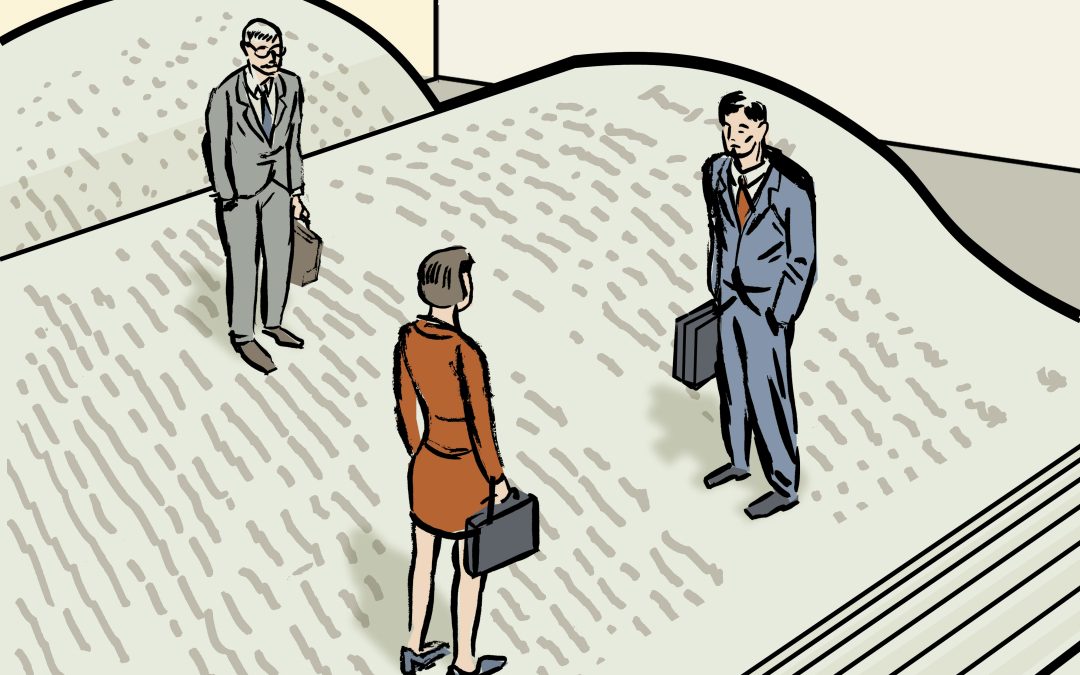
May 10, 2024 | Blog, Cross-Organizational Information Sharing, Knowledge Advantage, Knowledge Sharing Culture, Strategy
When we talk about an origin story, we naturally think of characters in great movies or captivating novels. We rarely think about businesses or organizations. Origin stories, when skillfully woven into an organization’s strategic communications in the defense sector, can pack an effective punch with key audiences.
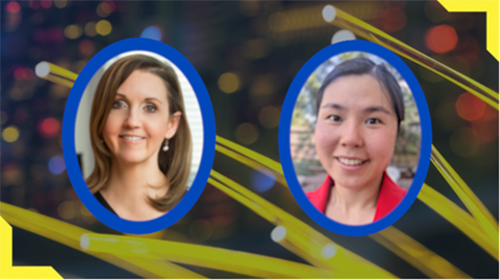
Aug 17, 2022 | Blog, Cross-Organizational Information Sharing, Knowledge Advantage, Knowledge Sharing Culture
In this episode of the MITRE Knowledge Driven Enterprise Podcast, Renee Rookwood, Healthcare Principal, shares her relationship with the concept of resilience and how it is applied to teams.

Apr 12, 2021 | Blog, Learning Organization
The pace of change accelerated across organizations over the past year, perhaps even more so across the government, given the previously limited telework capacity and available resources for robust virtual collaboration. This post focuses on lessons learned while taking a high-engagement, in-person, transformational change method into the virtual world to support the Census Bureau’s effort to design a 21st-century organization.

Feb 16, 2021 | Blog, Learning Organization
When you launch a project team, what are your go-to methods for kicking off, building cohesion, establishing goals, and delivering value together? If you’ve been thinking about refreshing your toolkit, would you consider a customizable process—with or without steamed milk—to ensure that everyone knows why they are on the project and why it is going to be the best one ever?
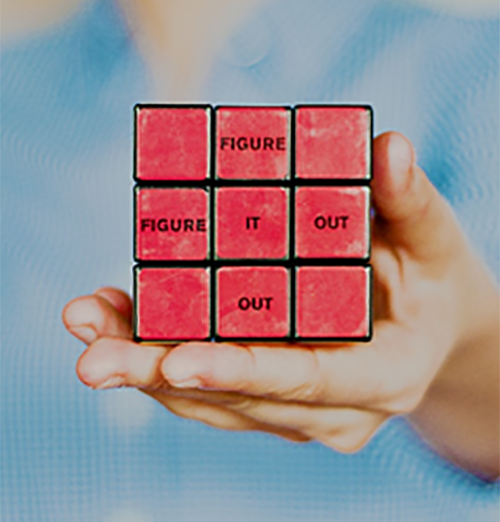
Jan 25, 2021 | Blog, Learning Organization
Like life, our projects move fast, and it is hard to find the time to stop and look around, causing us to miss insights that could be valuable to future projects. That’s where the Knowledge Harvesting (KH) Framework comes in.
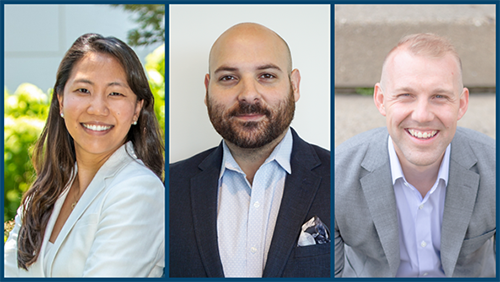
Nov 15, 2020 | Blog, Learning Organization
Innovation, much like improv, isn’t easy, but it can be a powerful way to bring people into a conversation they might typically avoid or feel excluded from. In our latest discussion with the Innovation Toolkit Team, Jen and Josh walk us through the power improvisation can have to start these conversations and how they refined their unique approach.

Oct 1, 2020 | Blog, Learning Organization
In a mid-summer virtual lunch with student interns, MITRE President and CEO Dr. Jason Providakes said, “We’ve had all this bad news [this summer], but the fact that MITRE can continue an internship program is a testament to our commitment of building the future workforce and serving the public interest.” A key part of MITRE’s overall student program this past summer, which involved nearly 500 student staff members, was the Emerging Technologies Summer Student Research Program, which began in 1989, and despite the pandemic, successfully completed its 32nd summer in 2020, under the leadership of Dr. James Ellenbogen.

Sep 14, 2020 | Blog, Cross-Organizational Information Sharing
It’s no secret that change can be difficult and slow, especially when it comes to changes at work. Just this week, I heard an executive say, “Anyone who tells you that change is easy hasn’t done it before.”
Yet this year, many of us have quickly embraced virtual collaboration tools. We’ve all experienced numerous other changes, especially as we untethered from the “40 hour+ work on-site” culture. Why have we been so quick to adopt Zoom, Slack, and Office 365? What can we learn from this recent experience so that we can support our colleagues through future change?

Sep 7, 2020 | Blog, Collaboration, Partnerships and Social Media
In 2012, The Economist penned an obituary for the Public-Private Partnership (PPP). The headline: ‘RIPPP’. Eight years later however PPPs are very much alive and the appetite for them has not slowed in spite of high-profile scandals and debates about the commodification of public infrastructure.
PPPs, while diverse and increasingly complex, can most easily be thought of as a long-term contract between a public agency and a private party to execute or operate a project.
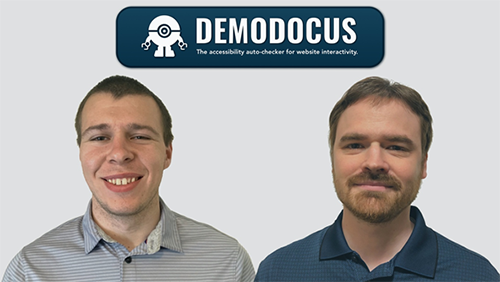
Jul 8, 2020 | Blog, Learning Organization
Every year countless Americans with disabilities interact with government resources for everything from receiving benefits to registering to vote. But not all websites are created equal, and even fewer are designed with the disabled community in mind. Enter project Demodocus, a new automated approach to test websites of all kinds on how usable they really are for those who need more than just a keyboard and mouse.

Jun 9, 2020 | Blog, Learning Organization
The American Productivity & Quality Center (APQC) has honored MITRE with its 2020 Excellence in Knowledge Management (KM) award, recognizing us as one of the top organizations in the world for our mature KM capabilities. MITRE scored a level five—the highest possible score—in most of the areas the association assessed.

Apr 6, 2020 | Blog, Collaboration, Partnerships and Social Media
As the Coronavirus began impacting social and professional life, I noticed a lot of friends, family, and acquaintances posting to social media that they were learning or relearning how to knit and crochet.
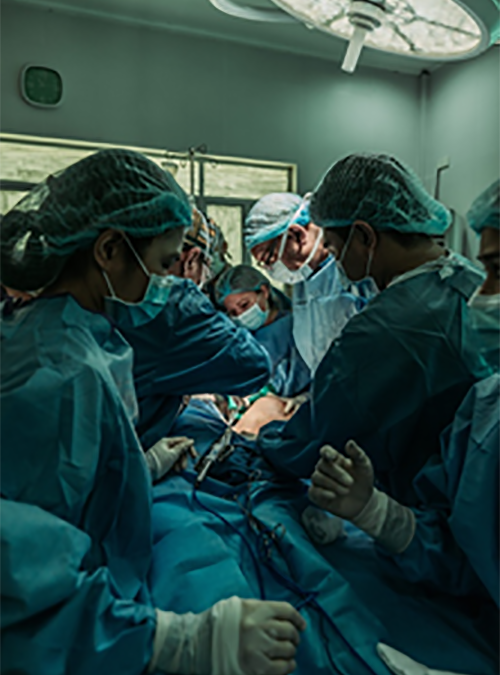
Mar 21, 2020 | Blog, Cross-Organizational Information Sharing, Knowledge Advantage, Learning Organization
MITRE’s talents for strategic modernization (e.g., enterprise planning, organizational change, business innovation, technology transitioning) are informed by both our explicit knowledge and our tacit knowledge. Explicit knowledge is what we objectively know. Explicit knowledge can be readily articulated, codified, stored and accessed, and transmitted to others, and represents an estimated 20% of our knowledge (e.g., plans, reports, data analysis). Implicit or tacit knowledge is more subjective.
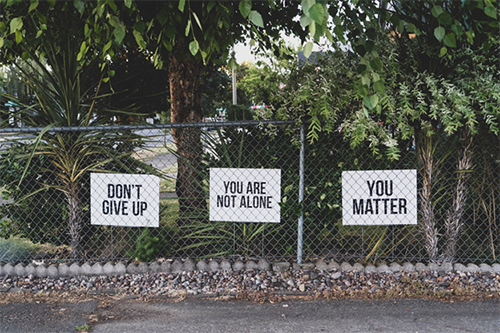
Feb 3, 2020 | Blog, Machine Learning, Artificial Intelligence, and Data Science
MITRE has taken on a challenge: to shape America’s future workforce and economy by alerting college students to the power of artificial intelligence (AI). That vision is now taking shape at schools across the country through an initiative known as Generation AI Nexus (Gen AI).
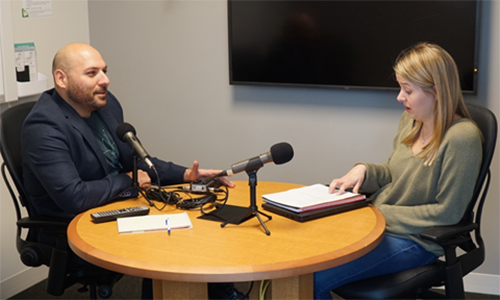
Feb 2, 2020 | Blog, Cross-Organizational Information Sharing
Rachel Mayer has grown up with medicine on the mind, but one subject has always been at the forefront: Maternal mortality. In a country as advanced and capable as the United States, why is Maternal Mortality still so high? While many public health practitioners often turn to medicinal interventions, she turned to data.

Jan 27, 2020 | Blog, Learning Organization
A recent discussion with colleagues on intriguing approaches and paths to innovation triggered my systems thinking habits – to explore and understand challenges systemically. What I ended up discovering were multiple dimensions of innovation, particularly for collaborative innovation.
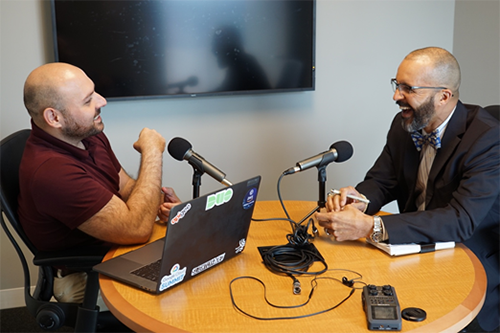
Jan 6, 2020 | Blog, Collaboration, Partnerships and Social Media, Knowledge Advantage
Theodore “Turtle” Wilson has made a name for himself inspiring change. MITRE has never been short on good ideas, but getting others to embrace those ideas is always a challenge. That’s when you need to call in someone who can empathize with the folks you want to help, while seeing the big picture—someone like Turtle.
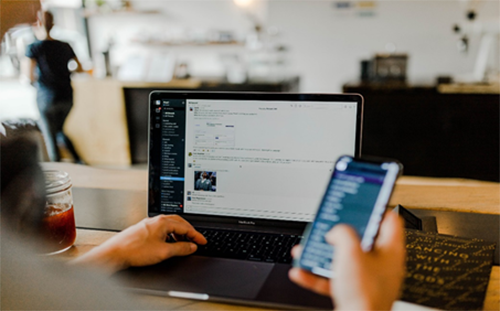
Oct 28, 2019 | Blog, Collaboration, Partnerships and Social Media
MITRE staff, teleworkers, and business partners are attending more and more meetings virtually from different locations. Among the options at MITRE for communicating and sharing non-sensitive information, Slack, a cloud-based team collaboration tool, has become a meeting place where people can work productively and feel comfortable—much like a virtual coffee shop.

Oct 18, 2019 | Blog, Cross-Organizational Information Sharing
Sponsors turn to us for our expertise and expect us to have the answers and to make recommendations. This role of guide can be liberating. As guides, we no longer need to have all the answers. Instead we ask provocative questions to our sponsors to elicit their own answers. (Feel free to start playing the song “Let it go” in your head.) This change in role may push both us and our sponsors out of our proverbial comfort zones. Let me tell you how this has worked in real life.
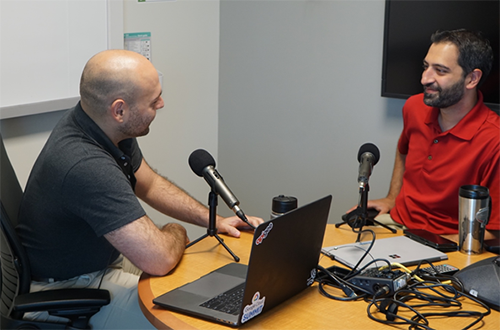
Sep 16, 2019 | Blog, Learning Organization
Awais Sheikh is the Capability Steward for Business Innovation here at MITRE. In this episode Awais helps us decipher a fundamental question for any organization on a mission to better the world. When you get past the hype, what is the real meaning of innovation? And perhaps more importantly, how can we get past the jargon so we can make a lasting, positive impact?




















